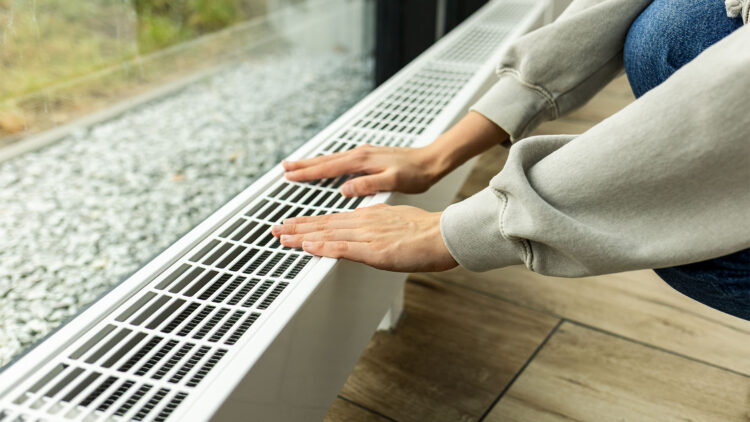This winter, many people in the United States will be paying higher bills for heating their homes. According to the National Energy Assistance Directors Association, the bill will be going up 7.6% and up to $976. Why? Well, electricity and gas are expensive, and this winter is announced to be colder. The U.S. Congress plans to keep giving federal help for the bills, like LIHEAP (assistance energy program), but the amount might be the same. And on top of that, more than 100 light and gas companies are already putting higher prices, according to the Center for American Progress.
Part of the problem comes with the AI. Yes, there’s a higher demand for artificial intelligence and their data centers and projects to improve the electric grid. Mark Wolfe, director of the association, explains that before 2021 everything was more stable. But since then, electric and gas heating rose violently. And although it’s good news for propane heating and diesel heating, the general impact cannot be hidden.
Here’s how much you will be paying
If you use electric heating, get ready: the price is going to double with inflation. The bill could go up to 10.2%, which is about $1,205 this winter. In the South, where 56 million homes use electricity, the big jump could hit 21% or more.
If you’re using gas (natural gas), there’s also going to be an increase: $693 on average, 8.4% more. In the Middle East, it could go from 16.4% up to $698.
The best news (or the least bad) is the liquid fuels: diesel heating will drop 4% ($1,455), and propane heating will drop 5% ($1,250).
Another important fact? Improving the grid and covering the data center for AI push electricity prices, so it will be hitting those who depend on electricity to heat their homes.
But why is the price going up?
Before 2021, winter was somehow predictable, but as Marl Wolfe says, since then energy users have seen an increase of 31%, and gas has gone up to 27%. “Customers should be prepared for this being a new normal,” he said.
The government doesn’t seem to be doing much about it either, since the U.S. Congress is keeping the LIHEAP budget “flat” (around 4 million dollars in the last 2 years, and the same has been proposed for the next year). “What I’ve seen is much less outreach going on because they don’t have enough money to serve the population that’s coming in,” explained Wolfe.
In Philadelphia, Charles Lanier (Hunting Park Neighborhood Advisory Committee) sees more neighbors asking for help “We’re busier than ever,” and many of them are already in debt for “hundreds — or even thousands — of dollars” in bills.
In Delaware, Sofya Mirvis (Energy Coordinating Agency) is waiting for a flood of applications to come: “We are already hundreds of applications in, and the season hasn’t even started yet.”
Worried about the winter bill? Here’s what you can do
- Find out if you qualify for LIHEAP: this is the main program to help with electricity bills. Ask your local office or the state website. Apply early: the funds are given by arrival order.
- Talk to your energy provider: sometimes they offer payment plans, monthly budgets (to avoid high peaks), or efficiency audits.
- Seal your windows and doors, verify your filters, lower the thermostat at night, and use curtains to keep the warmth. These are simple tricks, but they help.
- Compare equipment: if you’ve got to change your boiler or heaters, look for efficiency.
- Ask for community help: organizations like Charles Lanier’s in Philadelphia or Sofya Mirvis’s in Delaware connect people with real support.
This winter is going to get very expensive, and that’s for sure. But being prepared is what will make it easier.

